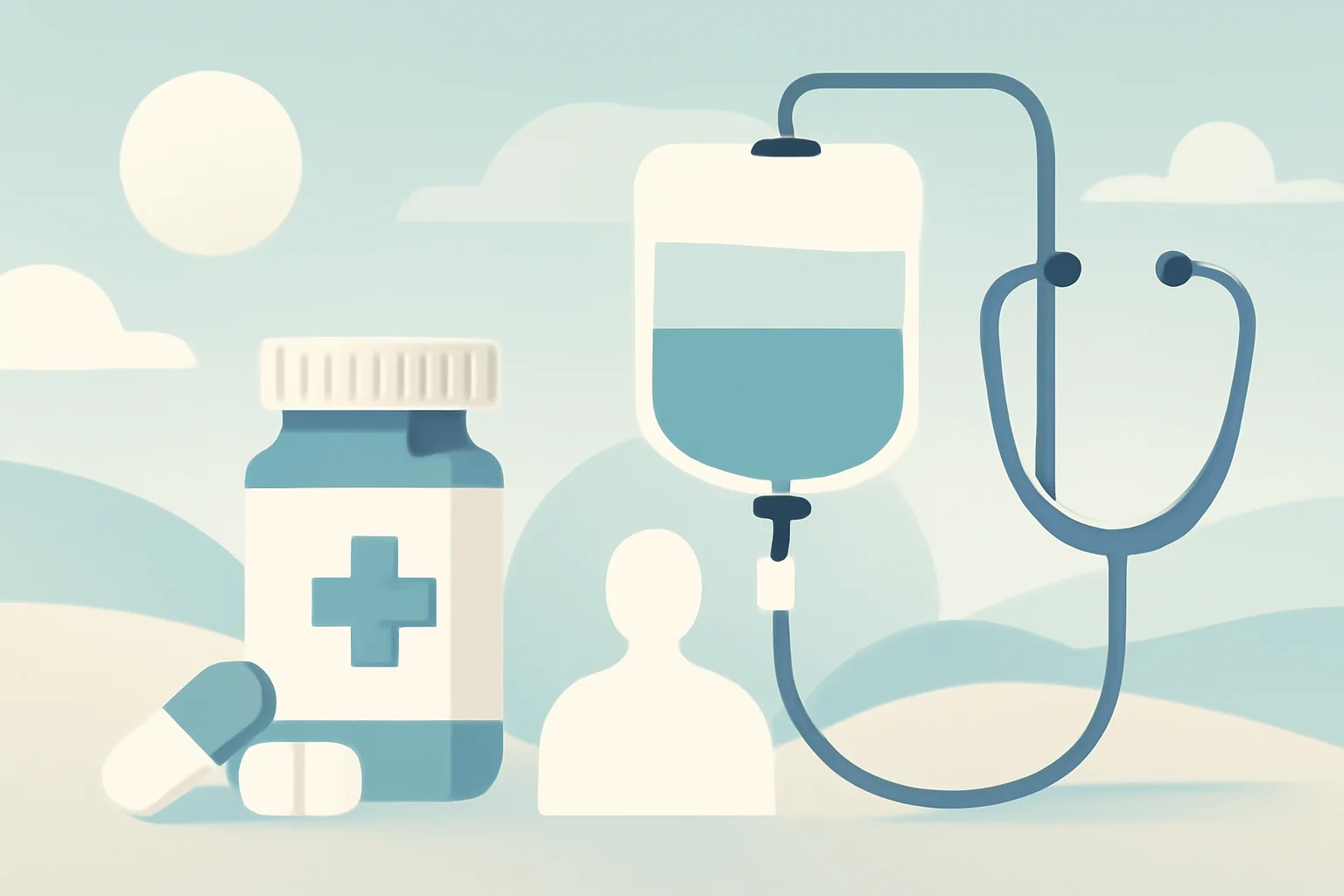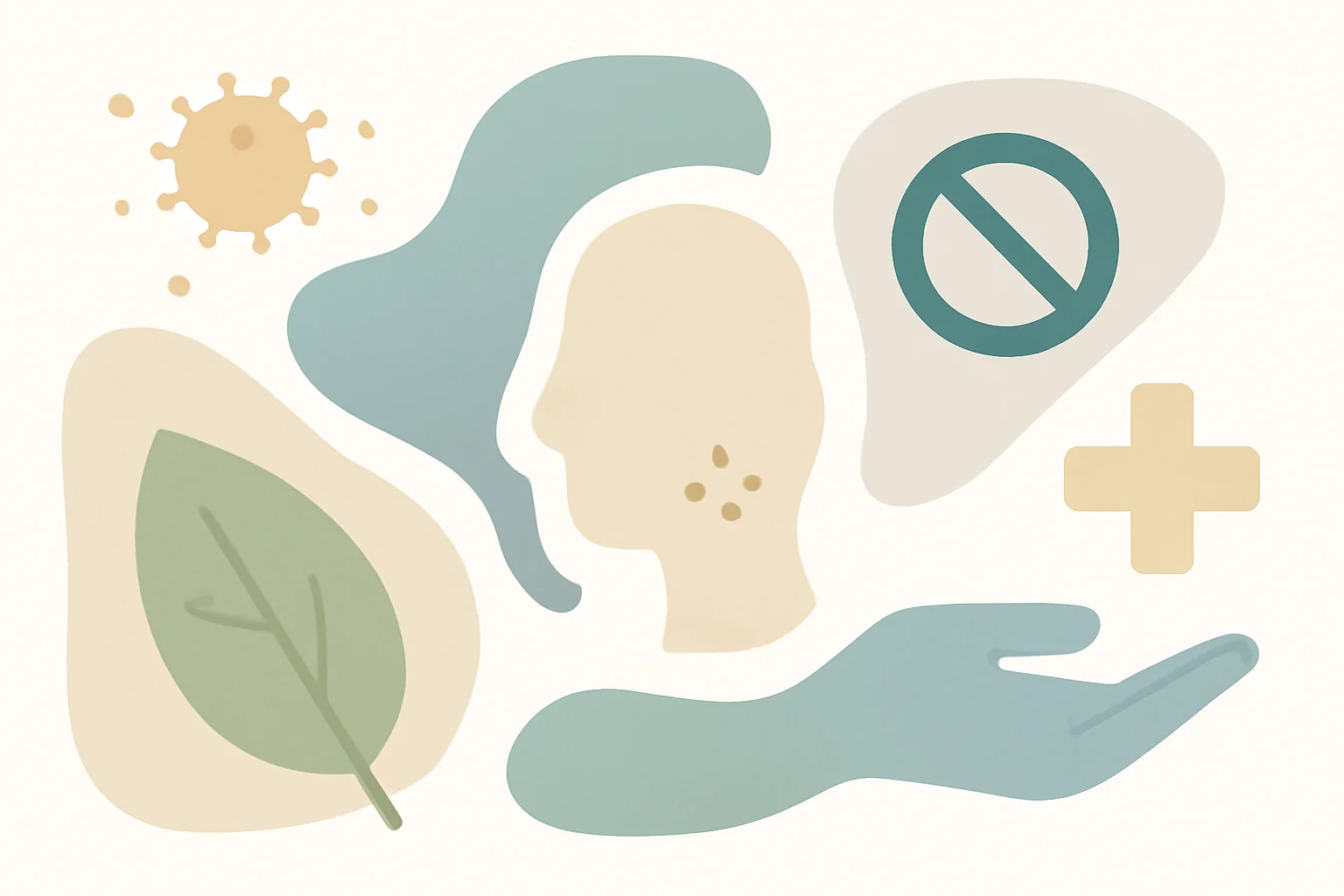
The effects of chemotherapy: what is worth knowing about it?
Chemotherapy is a form of medical treatment primarily used for the treatment of cancer. The goal of the treatment is to prevent the growth and reproduction of cancer cells, as well as to shrink tumors. During chemotherapy, various drugs are used that target cancer cells, but unfortunately, not only malignant cells can be affected, but also healthy cells. As a result, chemotherapy can lead to numerous side effects that can affect patients to varying degrees. The effects of chemotherapy often manifest not only physically but also psychologically, as patients frequently confront fears and anxieties associated with their illness during treatments.
Chemotherapy drugs are typically administered intravenously or orally, and the duration and intensity of treatments can vary. Chemotherapy cycles usually last several weeks, and patients often need to return for treatments multiple times. Many people experience the effects of chemotherapy differently; some are severely affected, while others tolerate the side effects relatively well. Below, we will provide a more detailed overview of the effects of chemotherapy, including side effects and long-term consequences.
Side Effects of Chemotherapy
One of the most noticeable characteristics of chemotherapy is the diversity of side effects. Since chemotherapy drugs affect not only cancer cells but also healthy cells, various physiological functions may change. The most common side effects include nausea and vomiting, which often occur in the early days of treatment. To alleviate these symptoms, antiemetics are usually prescribed, but patients’ experiences indicate that these medications are not always effective.
Hair loss is also a common side effect that many patients experience during chemotherapy. Hair follicles are sensitive to chemotherapy drugs, and as a result of treatment, hair growth may slow down or completely stop. This change often places a significant psychological burden on patients, as hair loss becomes a symbol of the illness for many.
Additionally, the hematopoietic system may also be affected by chemotherapy. The number of leukocytes, red blood cells, and platelets may decrease, leading to immunodeficiency, anemia, and bleeding disorders. Therefore, patients often need to undergo regular blood tests to monitor their blood counts and receive treatment if necessary.
The effects of chemotherapy are not purely physical: patients often experience fatigue, depression, or anxiety. The stress caused by the illness and treatment can often exacerbate psychological conditions, presenting further challenges for patients. It is important for patients to be in a supportive environment and to seek psychological counseling if needed.
Long-Term Effects
The long-term effects of chemotherapy vary and depend on individual patient reactions. In some cases, chemotherapy can successfully halt the growth of cancer cells, and patients can fully recover. However, various complications may still arise after treatment that can affect future health.
One of the most common long-term effects is the risk of developing secondary cancers. Although chemotherapy drugs are effective in treating existing cancer, they can also damage the genetic material of cells, potentially leading to the formation of new tumors in the future. Therefore, it is crucial for patients to remain under regular medical supervision even after treatment.
Moreover, chemotherapy can also affect fertility. In men, a decrease in sperm count may occur, while women may experience disruptions in their menstrual cycles. For younger patients who plan to start a family, it is advisable to consult with their doctor about options for preserving fertility before treatment.
Many people also experience a decline in their physical condition after chemotherapy. Alongside fatigue and weakness, patients often face memory issues or difficulties in concentration, commonly referred to as “chemo brain.” This phenomenon can persist for months after treatment and significantly impact daily life.
The Role of Support During Chemotherapy Treatment
During chemotherapy, adequate support is crucial for patients. The role of family and friends is essential, as it provides the necessary listening and understanding to alleviate the emotional burdens that arise from the illness and treatment. Patients often feel isolated in their struggle with the disease, and support from loved ones can help them cope better with the challenges.
Additionally, psychological support is key. Professionals such as psychologists or social workers can assist patients in managing anxiety and depression related to treatment. Group therapies and support communities are also available, where patients can share their experiences and feelings with others in similar situations.
Nutrition also plays an important role during chemotherapy treatment. A healthy diet can help reduce side effects and promote healing. Patients are advised to consult with a dietitian or nutrition expert to create a diet plan that supports their bodies during treatment.
Physical activity can also positively impact patients’ conditions. A regular exercise program, coordinated with a physician, can not only increase physical endurance but also help improve mood, thereby reducing stress and anxiety.
Chemotherapy presents significant challenges; however, the right support and attention can help patients navigate this difficult period.
—
This article is for informational purposes only and does not replace the advice of your physician. Always consult your doctor regarding health issues!

